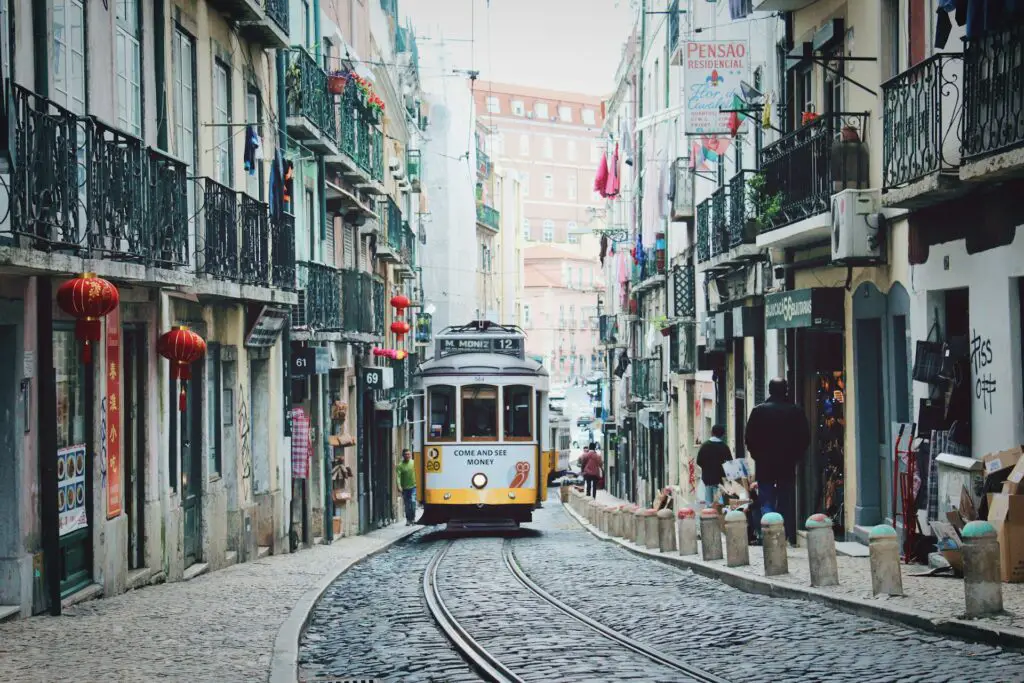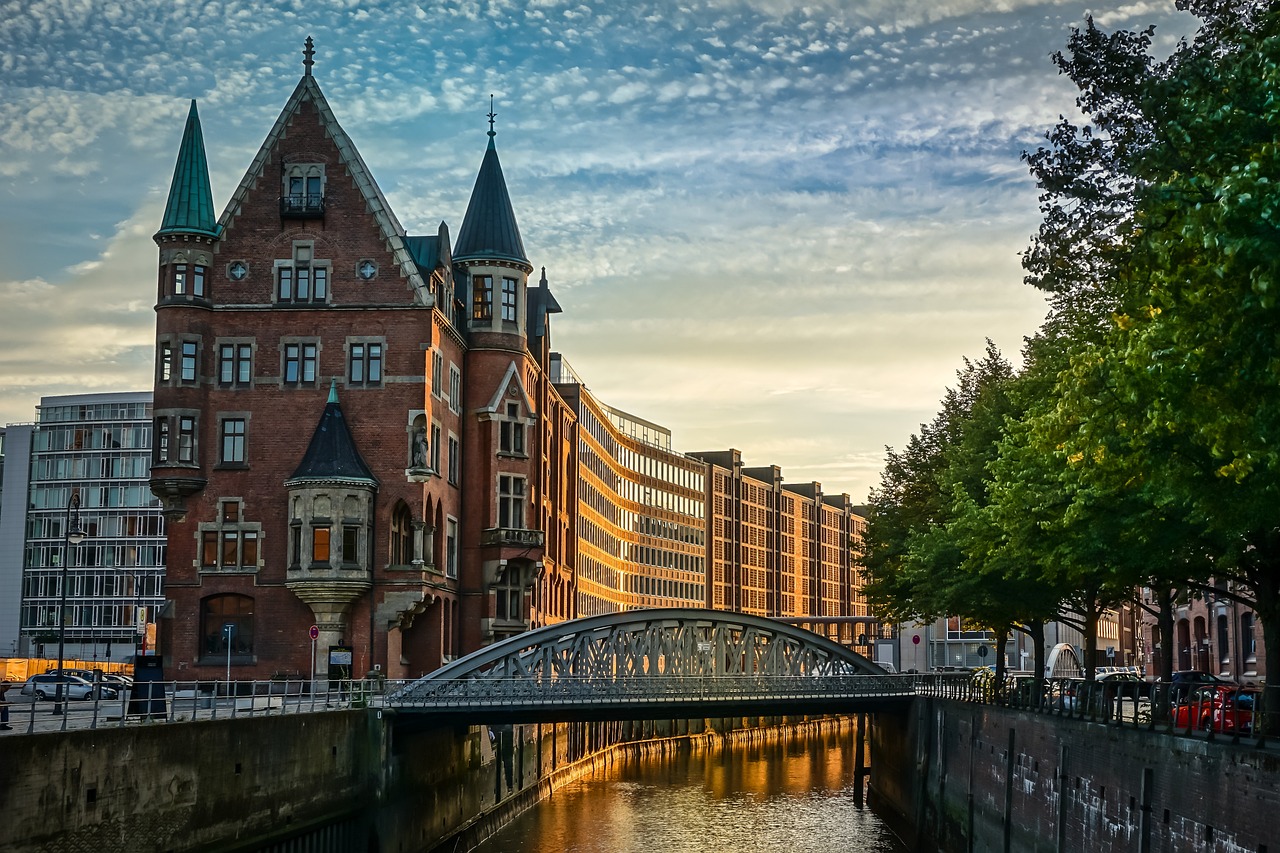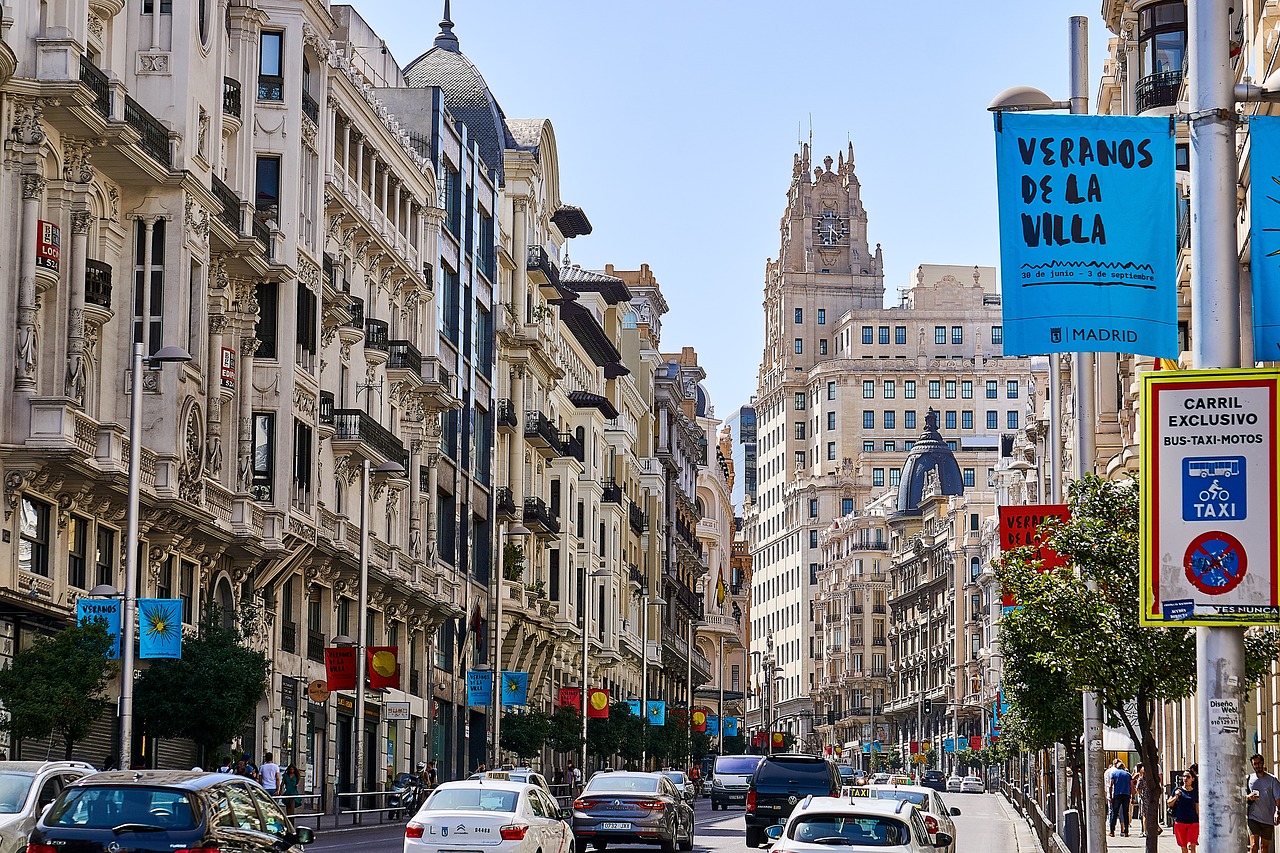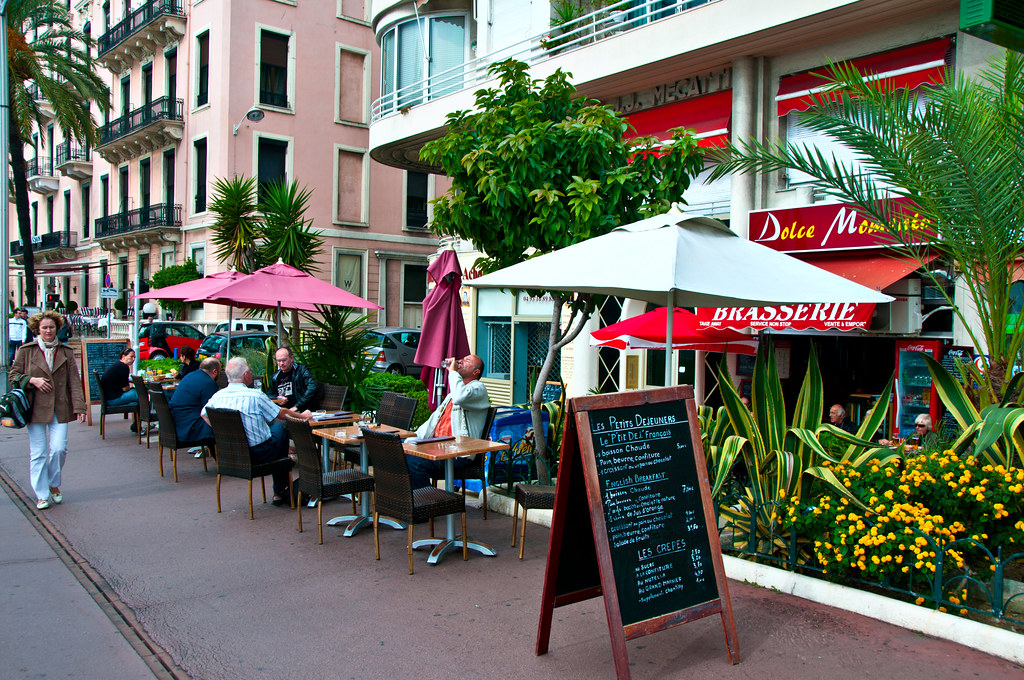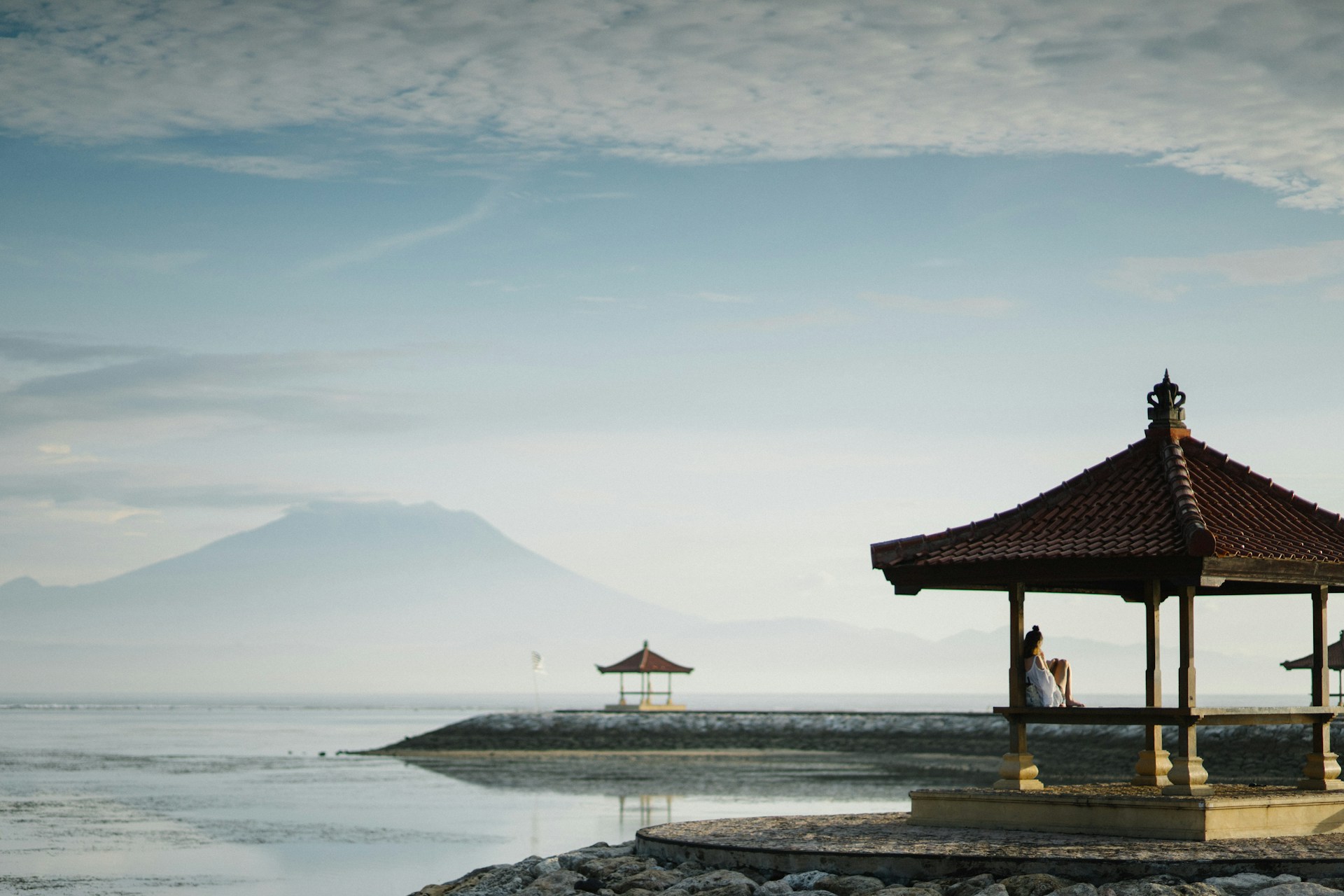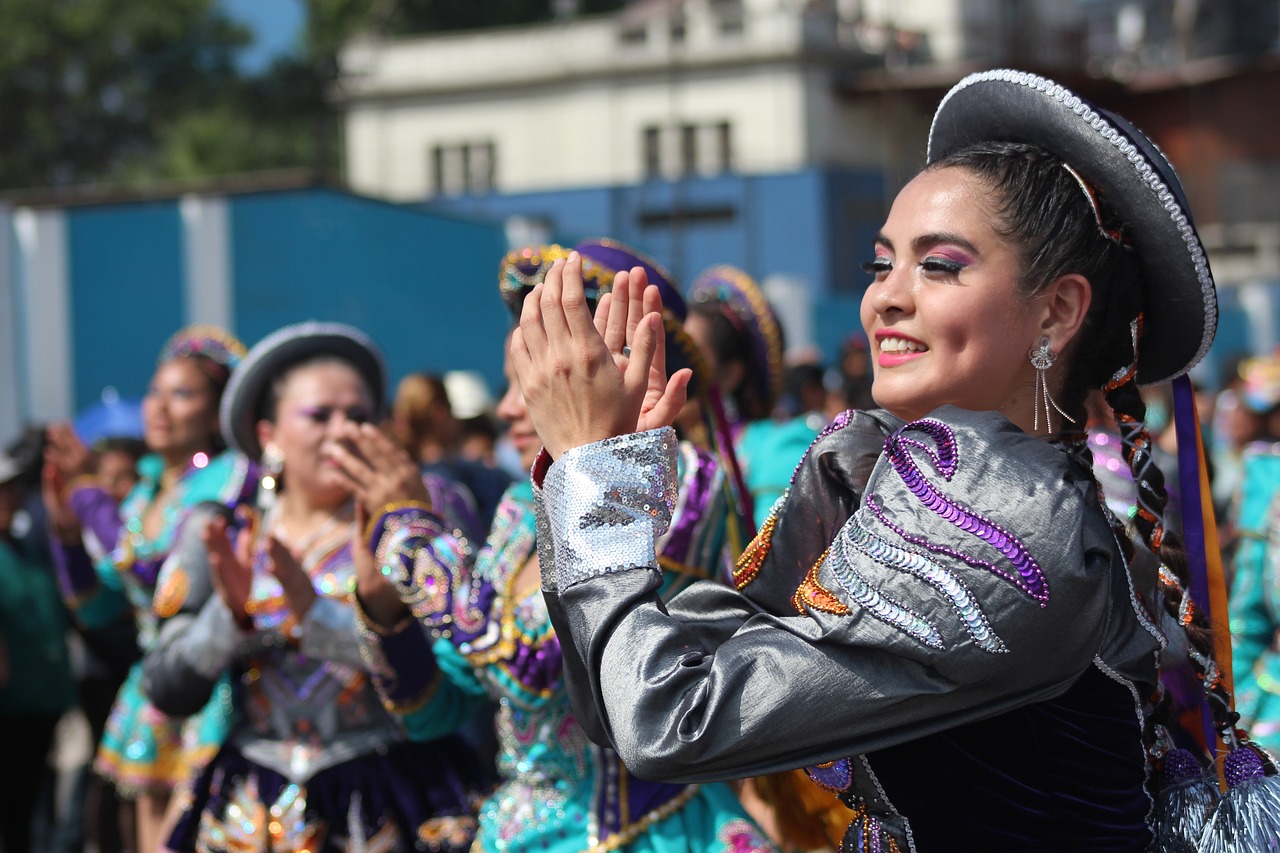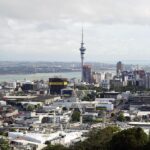Portugal’s Digital Nomad Visa, officially known as the D8 Visa, has become a popular choice for remote workers, freelancers, and entrepreneurs looking to live and work in one of Europe’s most vibrant and welcoming countries.
Introduced in October 2022, this visa allows non-EU/EEA/Swiss citizens to reside in Portugal while working remotely for employers or clients based outside the country. With its stunning coastlines, rich cultural heritage, affordable cost of living, and excellent quality of life, Portugal is an attractive destination for digital nomads. This comprehensive guide provides a detailed, step-by-step process for applying for the Portugal Digital Nomad Visa, including eligibility requirements, necessary documents, and practical tips to ensure a smooth application process.
Why Choose Portugal’s Digital Nomad Visa?
Before diving into the application process, it’s worth understanding why the D8 Visa is so appealing. Portugal ranks highly on the VisaGuide.World Digital Nomad Index, scoring 3.18 and placing eighth globally due to its energetic atmosphere, pleasant weather, and cost-effective living. The D8 Visa offers two options: a Temporary Stay Visa, valid for up to one year with the possibility of renewal, and a Long-Term Residency Visa, which allows for a two-year residence permit, renewable for up to five years, and even a pathway to permanent residency or citizenship after five years of continuous residence. Additionally, the visa allows holders to bring family members, including spouses, dependent children, and parents over 65 (or younger if financially dependent), making it ideal for those looking to relocate with loved ones.
The D8 Visa is designed for remote workers earning income from outside Portugal, such as freelancers, employees of foreign companies, or self-employed individuals. Unlike other visa types, such as the D7 (passive income) or Golden Visa (investment-based), the D8 Visa has straightforward requirements tailored to digital nomads, requiring no investment in the local economy, only proof of sufficient income and accommodation. With a processing time of approximately 60 days and the ability to apply through VFS Global or a Portuguese Consulate, the process is relatively hassle-free compared to other countries’ digital nomad programs.
Eligibility Requirements
To qualify for the Portugal Digital Nomad Visa, applicants must meet specific criteria. These requirements ensure that candidates can support themselves financially and comply with Portuguese immigration regulations. Here’s a breakdown of the key eligibility criteria:
Non-EU/EEA/Swiss Citizenship: The D8 Visa is exclusively for individuals from countries outside the European Union, European Economic Area, or Switzerland. Citizens from countries like the United States, Canada, Brazil, and the United Kingdom are eligible to apply.
Minimum Income: Applicants must demonstrate a steady monthly income of at least €3,480, equivalent to four times Portugal’s minimum wage in 2025. For families, the primary applicant’s income must increase by 50% (€1,740) for a spouse or partner and 30% (€1,044) per dependent child or parent.
Savings Requirement: Applicants need to show savings of at least €10,440, calculated as 12 times the Portuguese minimum wage of €870. This ensures financial stability during the stay.
Remote Work: The applicant’s income must come from remote work for employers or clients based outside Portugal. This includes freelancers, remote employees, or self-employed entrepreneurs serving international clients.
Accommodation: Proof of accommodation in Portugal, such as a rental agreement or property purchase, is required.
Health Insurance: Applicants must have international health insurance with at least €30,000 in coverage, including repatriation, valid for the duration of their stay in Portugal.
Clean Criminal Record: A certified criminal background check, apostilled or legalized, must be provided to demonstrate no significant criminal history.
Tax Identification Number (NIF): A Portuguese NIF (Número de Identificação Fiscal) is essential for financial transactions, such as opening a bank account or signing contracts, and is a mandatory part of the application.
These requirements apply to both the Temporary Stay Visa and the Long-Term Residency Visa, with the key difference being that the latter requires an additional step of applying for a residence permit upon arrival in Portugal.
Step-by-Step Application Process
The application process for the Portugal Digital Nomad Visa is straightforward but document-intensive. Below is a detailed, step-by-step guide to help you navigate the process successfully.
Step 1: Confirm Eligibility and Choose Visa Type
Before starting, determine whether you meet the eligibility criteria outlined above. Decide between the Temporary Stay Visa (up to one year, renewable) or the Long-Term Residency Visa (four months initially, followed by a two-year residence permit, renewable for up to five years). The Temporary Stay Visa is ideal for those wanting to test life in Portugal without long-term commitment, while the Long-Term Residency Visa suits those planning to stay longer and potentially pursue permanent residency or citizenship.
Step 2: Gather Required Documents
The application requires a comprehensive set of documents, many of which must be apostilled or certified. Begin collecting these well in advance to avoid delays. The required documents include:
Completed Application Form: Fill out the Temporary Stay Visa or Long-Term Residency Visa application form, available online at vistos.mne.gov.pt. Ensure all fields are completed accurately.
Valid Passport: Provide a copy of your passport, valid for at least six months beyond your intended stay.
Proof of Income: Submit bank statements, employment contracts, or client invoices demonstrating a monthly income of at least €3,480 for at least the past three months. For families, include additional income for dependents.
Proof of Savings: Provide bank statements showing at least €10,440 in savings.
Proof of Accommodation: Submit a rental agreement, property deed, or a letter from a host confirming your accommodation in Portugal.
Health Insurance: Provide proof of international health insurance with €30,000 coverage, including repatriation.
Criminal Background Check: Obtain a certified criminal record from your country of residence or citizenship, apostilled or legalized.
NIF Registration Certificate: Apply for a Portuguese NIF through the Portuguese tax authorities or a local representative. This can often be done remotely with the help of an immigration lawyer.
Cover Letter: Draft a letter explaining your reasons for applying, your planned accommodation, ties to Portugal (if any), and a summary of your submitted documents.
Proof of Employment or Freelance Work: Provide contracts, client agreements, or a letter from your employer confirming that your work is conducted remotely for entities outside Portugal.
Passport-Sized Photos: Include recent, standard passport photos.
Marriage or Birth Certificates (if applicable): For family applications, provide apostilled or certified marriage or birth certificates for dependents.
Some documents, such as the criminal background check and certificates, may need to be translated into Portuguese by a certified translator. Check with your local Portuguese Consulate or VFS Global for specific requirements.
Step 3: Submit Your Application
Applications for the D8 Visa are submitted through a VFS Global branch (if available in your country) or directly at a Portuguese Consulate. Follow these steps:
Schedule an Appointment: Book an appointment with VFS Global or the Portuguese Consulate in your country of citizenship or residence. VFS Global is a third-party service that handles visa applications in many countries, streamlining the process.
Submit Documents: Present your completed application form and all supporting documents during your appointment. Your biometric data (fingerprints and photo) will be collected at this time.
Pay the Application Fee: The visa application fee is approximately €93, though this may vary by location. Confirm the exact amount with VFS Global or the Consulate.
Some applicants may be called for an interview to discuss their application, particularly for the Long-Term Residency Visa. Be prepared to explain your remote work setup, reasons for choosing Portugal, and financial stability.
Step 4: Await Approval
The processing time for the D8 Visa typically ranges from 60 to 90 days, depending on the country of application and the volume of applications. You will receive a confirmation email once your visa is approved. If approved, your passport with the visa stamp will be available for collection at the Consulate or VFS Global, or it can be sent to you via secure post.
Step 5: Enter Portugal
Upon approval, you can enter Portugal with your D8 Visa. For the Temporary Stay Visa, you can begin living and working in Portugal immediately, with the visa valid for up to one year. For the Long-Term Residency Visa, the initial visa is valid for 120 days, during which you must complete the next step.
Step 6: Register for Residency (Long-Term Residency Visa Only)
If you applied for the Long-Term Residency Visa, you must visit the Agência para a Imigração e Mobilidade Administrativa (AIMA), Portugal’s immigration and border service, within 120 days of arrival to apply for a residence permit. AIMA typically schedules this appointment for you, but you can also arrange it yourself. During the appointment:
Submit the same package of documents used for the visa application.
Pay a processing fee (amount varies, typically around €80–€100).
Provide biometric data again, if required.
The residence permit application takes 2 to 12 weeks to process, after which you will receive a residence permit card by post, valid for two years and renewable for up to five years.
Step 7: Set Up Your Life in Portugal
Once in Portugal, take these practical steps to settle in:
Open a Bank Account: Use your NIF to open a local bank account, which is essential for financial transactions like paying rent or utilities. Most banks require your passport, NIF, proof of address, and proof of income.
Register with Local Authorities: Register with your local parish council (Junta de Freguesia) to obtain a residence certificate, which may be needed for various administrative tasks.
Maintain Tax Residency: To keep your residence permit (for Long-Term Residency Visa holders), spend at least 183 days per year in Portugal and maintain tax residency. Consult a tax professional to understand your obligations, as Portugal offers favorable tax incentives for digital nomads under the Non-Habitual Resident (NHR) regime.
Explore Portugal: Take advantage of Portugal’s vibrant cities like Lisbon and Porto, or serene coastal areas like the Algarve and Sagres, known for their digital nomad-friendly coworking spaces and communities.
Step 8: Plan for Renewal or Permanent Residency
For the Temporary Stay Visa, you can renew your visa for an additional six months before returning home or switching to a different visa type. For the Long-Term Residency Visa, the residence permit can be renewed every two years, up to five years. After five years of continuous residence, you may apply for permanent residency or Portuguese citizenship, granting access to visa-free travel to 172 countries with a Portuguese passport.
Tips for a Successful Application
Start Early: Begin gathering documents at least three months before your planned move, as obtaining apostilles, translations, and the NIF can take time.
Hire an Immigration Lawyer: While not mandatory, a specialized immigration professional can streamline the process, ensure document accuracy, and handle communication with VFS Global or the Consulate.
Double-Check Document Requirements: Requirements may vary slightly by Consulate or VFS Global branch. Contact them directly to confirm specifics.
Plan Your Finances: Ensure your income and savings meet the requirements consistently for at least three months before applying.
Consider Family Applications: If applying with family, ensure all dependents’ documents are apostilled and that your income meets the additional requirements.
Leverage Coworking Spaces: Portugal, particularly Sagres and Lisbon, offers global networks of coworking spaces with high-speed internet, ideal for digital nomads.
Common Challenges and How to Overcome Them
Document Translation: Some Consulates require documents in Portuguese. Use certified translation services to avoid delays.
Income Verification: If you’re a freelancer, provide multiple sources of income (e.g., client contracts, invoices) to demonstrate stability.
Processing Delays: High application volumes can extend processing times. Apply early and follow up with the Consulate or VFS Global if needed.
AIMA Appointment Delays: For Long-Term Residency Visa holders, AIMA appointments can be backlogged. Schedule your appointment as soon as you receive your visa approval.
Conclusion
The Portugal Digital Nomad Visa (D8) offers a fantastic opportunity for remote workers to live and work in a country renowned for its beauty, culture, and welcoming atmosphere. By following this step-by-step guide—confirming eligibility, gathering documents, submitting your application, and setting up your life in Portugal—you can navigate the process with confidence. Whether you choose the Temporary Stay Visa for a year-long adventure or the Long-Term Residency Visa for a more permanent move, Portugal’s D8 Visa provides a clear path to enjoying its sunny climate, vibrant communities, and digital nomad-friendly lifestyle. Start planning today, and soon you could be sipping port wine by the Douro River or working from a coworking space in Sagres, all while legally residing in one of Europe’s top destinations for digital nomads.
